Uzbekistan to build eight waste-to-energy plants in push for environmental sustainability
Uzbekistan is set to construct eight waste-to-energy plants by 2027 as part of its efforts to enhance environmental sustainability. President Shavkat Mirziyoyev reviewed the projects aimed at processing household waste into electricity and other products, highlighting the country’s growing focus on circular economy practices.
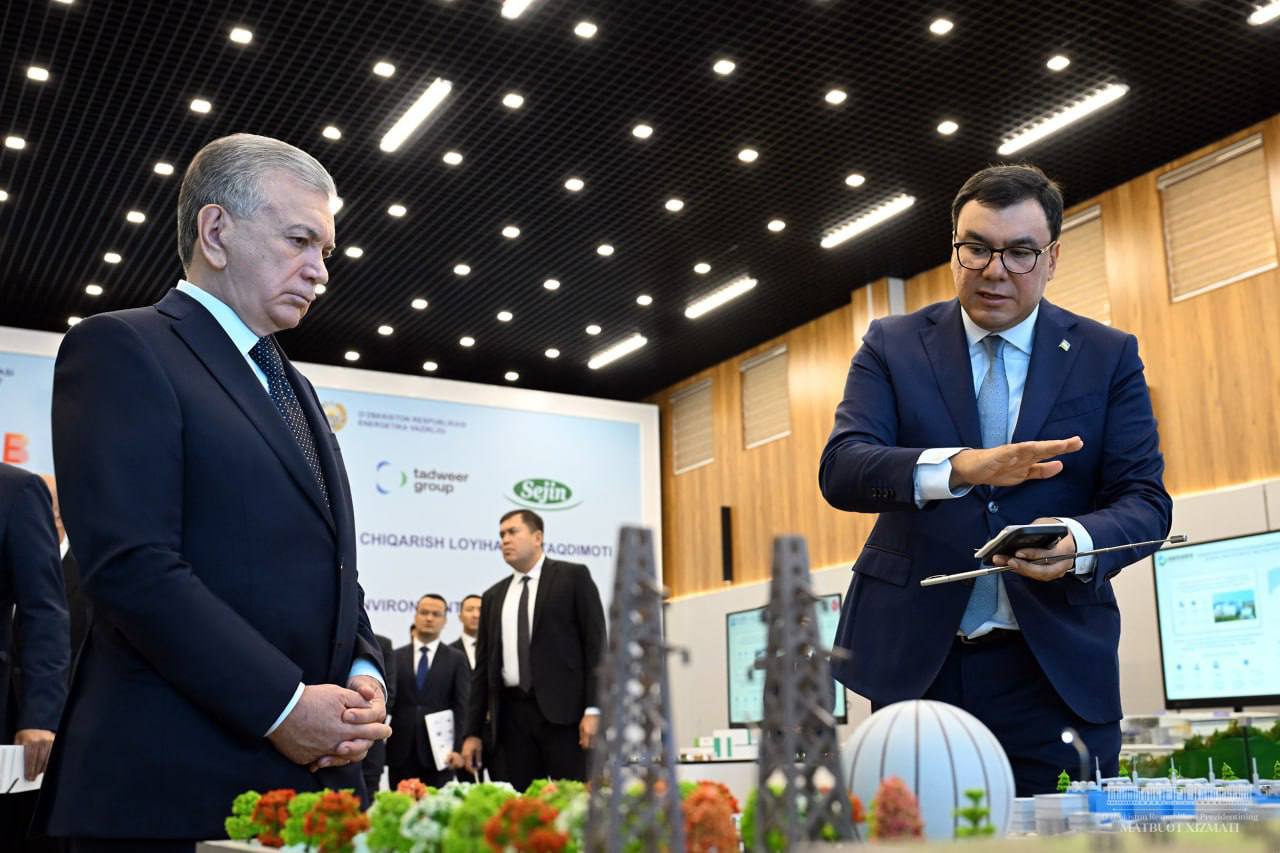
Uzbekistan generates around 14 million tons of waste annually, yet only 4-5% of this waste is recycled. More than seven million tons of greenhouse gases are released from landfills each year, with an additional 43,000 tons of toxic leachate seeping into the ground.
In response to these challenges, the Ministry of Ecology, Environmental Protection, and Climate Change, in collaboration with foreign investors, has developed several projects. These initiatives are expected to attract investments of nearly $1.3 billion for the construction of eight waste-to-energy plants and the conversion of landfill gas at the Ohangaron landfill into electricity.
China’s CAMC Engineering, investing $350 million, will build two plants in Andijan and Tashkent regions. These facilities will process 4,000 tons of waste per day and generate 630 million kilowatt-hours (kWh) of electricity annually. Shanghai SUS Environment, another Chinese company, plans to invest $310 million to construct two plants in Samarkand and Kashkadarya regions, which will process 3,000 tons of waste daily and generate 480 million kWh of electricity each year.
The UAE's Tadweer Group will invest $200 million in a plant in Bukhara and Navoi regions. This facility will have a capacity of 1,500 tons of waste per day, producing 363 million kWh of electricity annually. In addition, South Korea's Sejin company is investing $55 million to develop a project at the Ohangaron landfill, converting landfill gas into 16 megawatts of renewable electricity.
Collectively, these projects are expected to process 4.7 million tons of waste per year, generating 2.1 billion kWh of electricity and saving 152 million cubic meters of natural gas annually. The initiatives will also prevent the emission of 2.4 million tons of greenhouse gases and create 1,200 new jobs.
The projects will be implemented across 11 regions of Uzbekistan between 2025 and 2027, including Andijan, Bukhara, Jizzakh, Kashkadarya, Navoi, Namangan, Samarkand, Syrdarya, Fergana, Tashkent regions, and Tashkent city.
President Mirziyoyev emphasized the social significance of these initiatives, stating, “These are not just plants; they address one of the vital issues for our survival. The sustainability of our land, water, public health, and air quality, as well as energy security, depend on this sector. Proper waste collection and recycling will improve the environmental balance and positively impact society.”
To support these efforts, the newly established Waste Management and Circular Economy Development Agency will oversee waste collection, sorting, disposal, recycling, incineration, and waste-to-energy projects, helping to stabilize the country’s ecological situation and promote a healthier environment for its citizens.
Related News
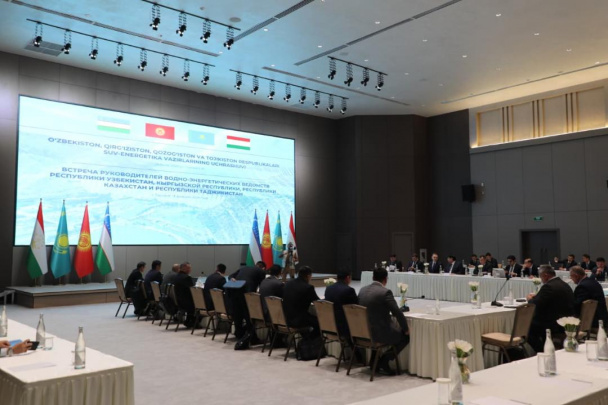
19:32 / 16.02.2026
Uzbekistan, Kazakhstan and Kyrgyzstan agree on power plant operating regime
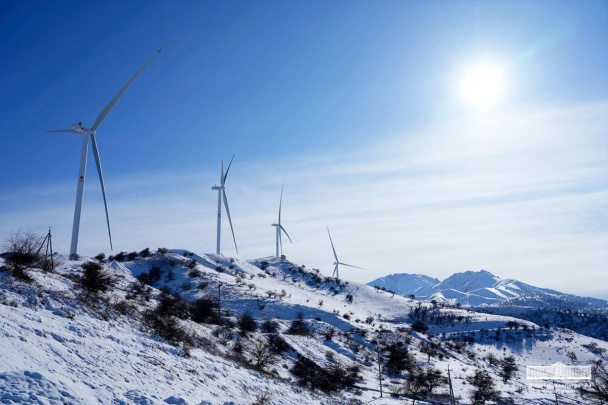
19:52 / 14.02.2026
Uzbekistan’s renewable energy output surges two thirds in early 2026
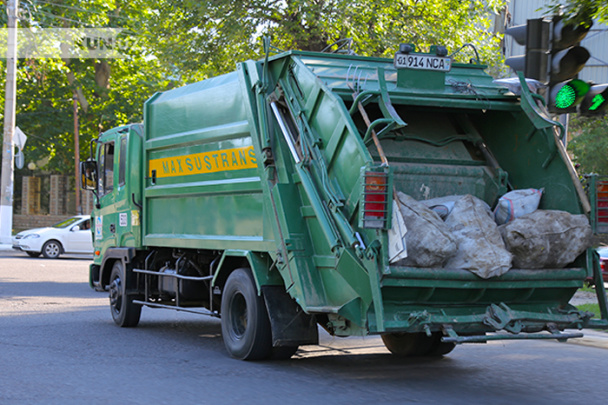
13:24 / 12.02.2026
Thousands barred from paying for electricity over allegedly unjustified waste collection debts
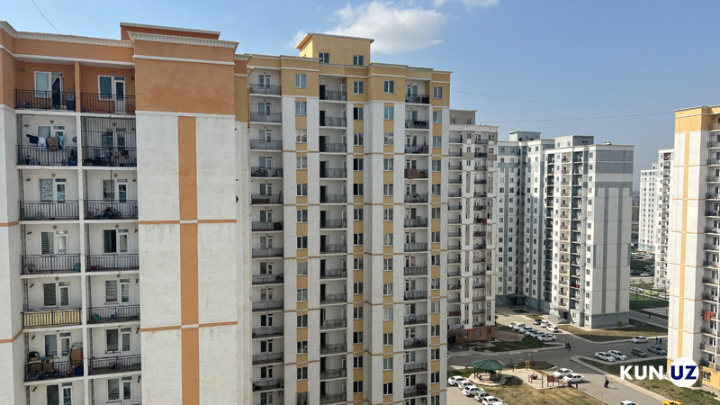
17:37 / 11.02.2026




